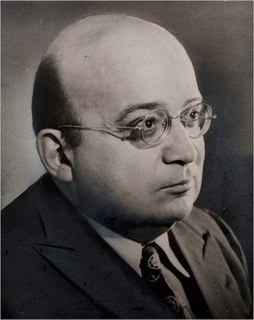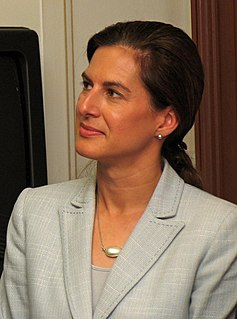A Quote by A. J. Liebling
To the Parisians, and especially to the children, all Americans are now 'heros du cinema.' This is particularly disconcerting to sensitive war correspondents, if any, aware, as they are, that these innocent thanks belong to those American combat troops who won the beachhead and then made the breakthrough. There are few such men in Paris.
Related Quotes
Charlie Rangel is angry about the Iraq war, the one that Henry Kissinger has told us we can't win. Thanks, Henry, but most Americans figured that out before you did. Rangel saw combat in Korea. Kissinger has only seen combat on TV. That might have something to do with why Kissinger thinks our troops should stay in Iraq even though we can't win.
One very important aspect of art is that it makes people aware of what they know and don’t know they know... Once the breakthrough is made, there is a permanent expansion of awareness. But there is always a reaction of rage, of outrage, at the first breakthrough... So the artist, then, expands awareness. And once the breakthrough is made, this becomes part of the general awareness.
We used to have a War Office, but now we have a Ministry of Defence, nuclear bombs are now described as deterrents, innocent civilians killed in war are now described as collateral damage and military incompetence leading to US bombers killing British soldiers is cosily described as friendly fire. Those who are in favour of peace are described as mavericks and troublemakers, whereas the real militants are those who want the war.
Our job is to provide coalition the military equipment that they need; the air support they need; special forces when appropriate. But at the end of the day for a dozen different reasons, not the least of which is that ISIS would like American combat troops on the ground so they could reach out to the Muslim world and say, "Look, we're taking on those terrible Americans."
Growing up in the U.S., I was certainly deeply aware of the power of American media, specifically Hollywood and television, in terms of broadcasting a particular vision of what the American experience was like. As someone coming from a war that was a preoccupation of Americans in the 1980s, it did strike me that since we were a part of that war, we should have a chance to talk about ourselves.
In every major war we have fought in the 19th and 20th centuries. Americans have been asked to pay higher taxes - and nonessential programs have been cut - to support the military effort. Yet during this Iraq war, taxes have been lowered and domestic spending has climbed. In contrast to World War I, World War II, the Korean War and Vietnam, for most Americans this conflict has entailed no economic sacrifice. The only people really sacrificing for this war are the troops and their families.

































